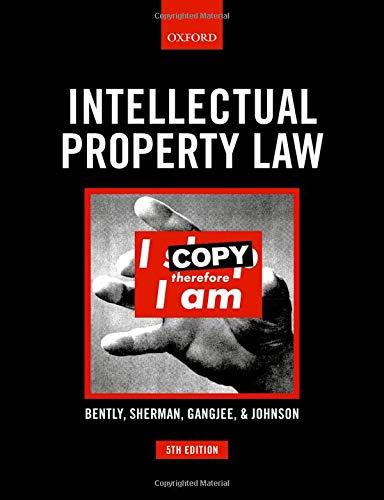Question
Boeken v. Philip Morris, Inc. Review both the arguments of Boeken andPhillip Morris Inc.Acting as the Judge, how would you rule?Why? Be prepared to support
Boeken v. Philip Morris, Inc.
Review both the arguments of Boeken andPhillip Morris Inc.Acting as the Judge, how would you rule?Why? Be prepared to support your legal position to your classmates.
Facts: In the mid-1950s, Richard Boeken began smoking Marlboro cigarettes at the age of 10. Countless advertisements, targeted at boys aged 10 to 18, convinced him and his friends that the "Marlboro Man" was powerful, healthy, and manly. At the time, scientists uniformly believed that cigarette smoking caused lung cancer, but Philip Morris and other tobacco companies waged a long-term campaign to convince the public otherwise. Philip Morris also added ingredients to its cigarettes to increase their addictive power. Boeken saw the Surgeon General's warnings about the risk of smoking, but he trusted the company's statements that cigarettes were safe. Beginning in the 1970s, he tried many times to stop but always failed. Finally, in the 1990s, he quit after he was diagnosed with lung cancer but resumed smoking again once he had recovered from the surgery. Boeken filed suit against Philip Morris for fraud and other torts. He died of cancer before the case was concluded. The jury found Philip Morris liable for fraudulently concealing that cigarettes were addictive and carcinogenic. It awarded Boeken $5.5 million in compensatory damages and also assessed punitive damagesof $3 billion. The trial judge reduced the punitive award to $100 million. Philip Morris appealed.
You Be the Judge: Was the punitive damage award too high, too low, or just right?
Argument for Philip Morris: The court should substantially reduce the $100 million punitive award because it is totally arbitrary. The Supreme Court has indicated that punitive awards should not exceed compensatory damages by more than a factor of nine. The jury awardedMr. Boeken $5.5 million in compensatory damages, which means that punitive damages should absolutely not exceed $49.5 million. We argue that they should be even lower. Cigarettes are a legal product, and our packages have displayed the Surgeon General's health warnings for decades. Mr. Boeken's death is tragic, but his cancer was not necessarily caused by Marlboro cigarettes. And even if cigarettes did contribute to his failing health, Mr. Boeken chose to smoke throughout his life, even after major surgery on one of his lungs.
Argument for Boeken: The Supreme Court says that cases may exceed the 9-to-1 ratio if the defendant's behavior is particularly bad. Phillip Morris created ads that targeted children, challenged clear scientific data that its products caused cancer, and added substances to its cigarettes to make them more addictive. Does it get worse than that? The behavior of Phillip Morris has caused terrible harm. The plaintiff died a terrible death from cancer. The company's cigarettes kill 200,000 American customers each year, while its weekly profit is roughly $100 million. At a minimum, the court should keep the punitive award at that figure. But we ask that the court reinstate the jury's original $3 billion award.
Step by Step Solution
There are 3 Steps involved in it
Step: 1

Get Instant Access to Expert-Tailored Solutions
See step-by-step solutions with expert insights and AI powered tools for academic success
Step: 2

Step: 3

Ace Your Homework with AI
Get the answers you need in no time with our AI-driven, step-by-step assistance
Get Started


